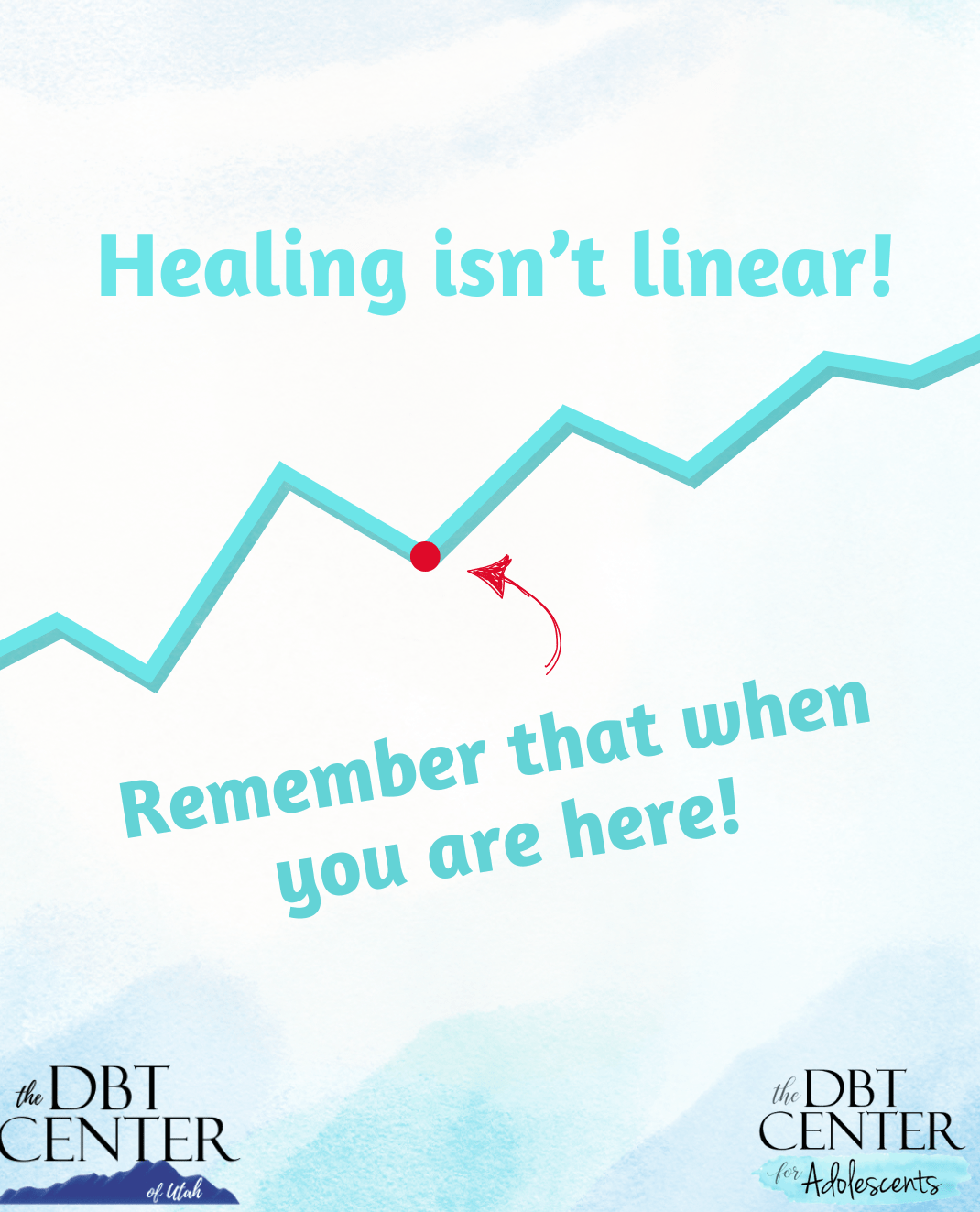
When searching for effective therapy approaches, you’re likely to come across Acceptance and Commitment Therapy (ACT) and Dialectical Behavior Therapy (DBT) among many others. Both are supported by evidence and help people navigate emotions, change behaviors, and build meaningful lives. But how do they compare? And why might DBT be the best choice for those struggling with emotional dysregulation?
ACT and DBT Share a Similar Foundation
Both ACT and DBT emphasize the balance between acceptance and change:
-
DBT calls this balance its “primary dialectic,” helping individuals both accept their emotions and work toward meaningful change.
-
ACT focuses on psychological flexibility, which involves accepting thoughts and emotions while committing to meaningful action.
-
DBT skills like distress tolerance and radical acceptance align closely with ACT’s emphasis on accepting emotions rather than fighting them.
Mindfulness is a Core Concept in ACT and DBT
Mindfulness plays a crucial role in both therapeutic approaches:
-
DBT teaches clients to nonjudgmentally observe, describe, and participate in the present moment.
-
ACT encourages clients to “defuse” from their thoughts and stay present using mindfulness techniques.
This shared focus on staying in the moment makes DBT particularly effective for individuals who resonate with ACT principles but need more structured coping strategies.
Values & Building a Life Worth Living
Both ACT and DBT aim to help clients create fulfilling lives:
-
DBT’s ultimate goal is to help clients build a life worth living by learning skills that improve emotional regulation, relationships, and resilience.
-
ACT encourages people to take committed action toward their values, allowing them to make choices aligned with what truly matters to them.
-
In DBT, interpersonal effectiveness and emotion regulation skills support clients in moving toward their values. At the DBT Center of Utah, we use your values to guide your goals and treatment plan.
-
In ACT, individuals are encouraged to take action toward their values despite discomfort or difficult emotions.
Why Might You Choose DBT?
While ACT is a powerful therapeutic model that helps clients accept thoughts and emotions, DBT offers a more structured, skills-based approach, making it ideal for individuals struggling with:
- Emotion dysregulation
- Chronic suicidal thoughts or self-harm urges
- Intense distress or impulsivity
Comprehensive DBT includes:
- Individual therapy
- Skills groups
- Phone coaching for in-the-moment support
This hands-on, supportive structure offers more guidance than traditional ACT therapy, making DBT a great fit for individuals who need both emotional acceptance and actionable skills.
Which Approach is Right for You?
If you’re seeking therapy that emphasizes mindfulness, acceptance, and values-driven action, both ACT and DBT offer valuable tools. However, if you need more structured guidance and hands-on support, DBT may be the best fit—especially for those navigating intense emotions or self-destructive patterns.
If you’d like more information about DBT, reach out to us today for a free consultation or to get started in our program! The team at the DBT Center of Utah is here to support you on your journey toward building a life worth living.
We look forward to helping you take this important step!

